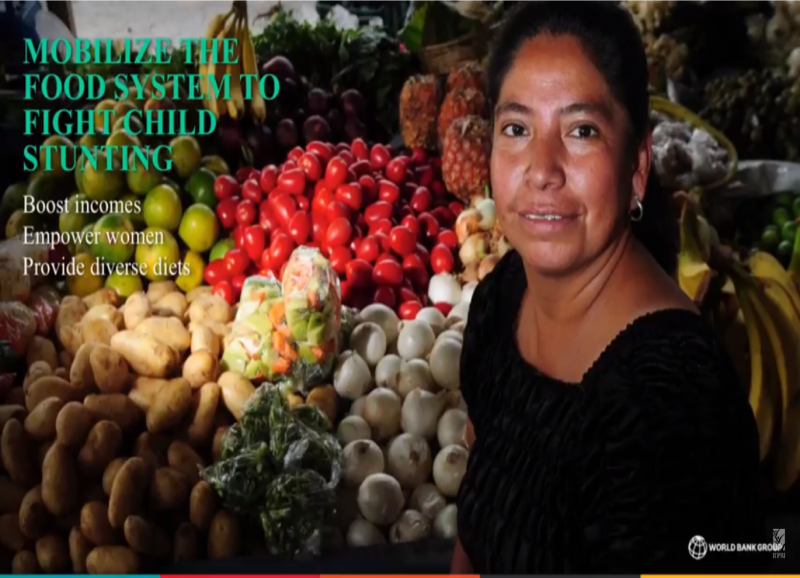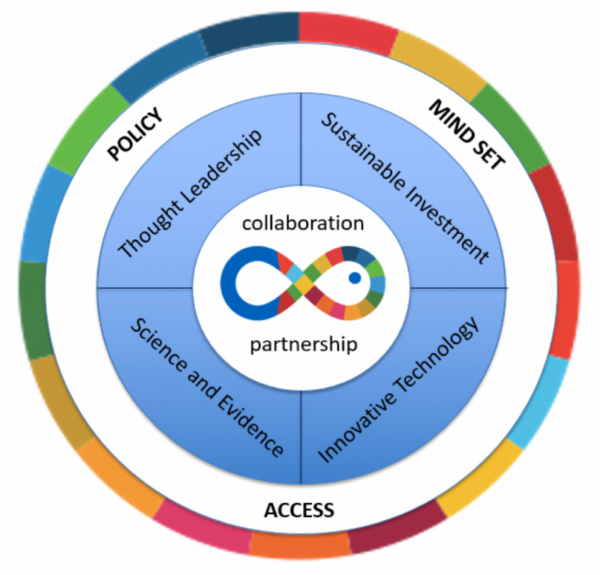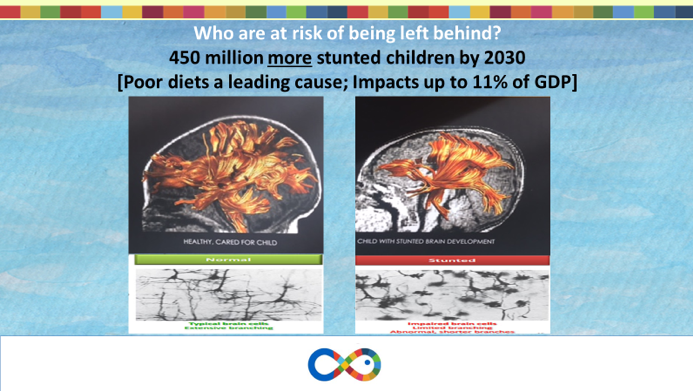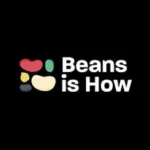
Diverse diets are critical to food and nutritional security and to combat hidden hunger and childhood stunting. However, according to scientists and organizations focused on aquatic foods, fish are often left off the table by decision makers on food policy and investment, despite the evidence. However, this may not be the case for long.
NutriFish1000 is a low-cost, high leverage, trilateral – public, private, civil society – collaborative initiative that hosts the Aquatic Food Network (AFN). It convenes and amplifies, develops and deploys innovative, female-focused aquatic food solutions that improve food security and nutrition in a child’s first 1,000 days and beyond.

NutriFish1000’s aims to:
- LINK sustainable and climate-smart aquatic food solutions to market for scaled impact;
- LEVERAGE public and private finance to develop/deploy solutions;
- LEARN through collaboration to change mindsets, create enabling policy, and unlock investment;
- DISRUPT and unsettle conventual wisdom with new evidence-based solutions and build a movement;

The initiative is honed by hundreds of scientists and practitioners working on fish for food security and nutrition and developed in response to World Bank Group president Jim Yong Kim’s call for action to end childhood stunting on End Poverty Day in 2017.
Stunting’s physical and cognitive impacts reduce young people’s health, educational achievement, and lifetime income trajectories. Economists estimate stunting’s negative impact on a nation’s economy to be between 3-11% of GDP depending on the country. With 158 million stunted children today and an additional 450 million expected to join their ranks by 2030, decision-makers are scrambling for proven solutions to deploy, such as pointing to nourishing foods that can diversify diets and reduce childhood stunting.








